Hippocrates, the father of Medicine (460-357 B.C.), said that nature cures, not the physician. He also advocated that your food shall be your medicine. Home remedies for common diseases is an old age practice that has been passed down from one generation to the other. They are based on the knowledge that most natural foods like fruits, vegetables, cereal grains, seeds and nuts, as well as other natural substances, possess many medicinal virtues. These natural foods and substances have been tried and refined as natural cures in different countries. Research has proved many of these cures to be astonishingly effective. The living proof is that our ancestors with the help of these cures – lived a happier, healthier, and longer life than the present generation. The tribal communities have a traditional self-developed system of folk medicine and primary health care methods mainly based on herbal remedies. The use of plants as medicine can be traced back to the Vedic period. India has rich diversified flora, which provides a valuable storehouse of medicinal plants. Emphetic knowledge about vast resources of herbs and other plants having curative properties is prevailing in rural people. Plants are more intimately connected with the life of the rural people than, perhaps, anywhere else in India.
Role of Biotechnology in Medicinal and Aromatic Plants (Volume XIX)
$64.80
$72.00
In stock
Free & Quick Delivery Worldwide
All orders amounting to US$ 50 or more qualify for Free Delivery Worldwide. For orders less than US$ 50, we offer Standard Delivery at $14 per book.
ABOUT THE AUTHOR Atiya Khanum
Dr. Atiya Khanum obtained her M.Sc. and Ph.D. in Botany from the Osmania University, Hyderabad. Dr. Khanum has worked on the ecology of two lakes of Hyderabad with special reference eto Planktonic and Mat-forming algal communities. She is Associate Professor and Head of the P.G. Department of Botany. Nawab Shah Alam Khan Centre for Post Graduate Studies and Research (Affiiated to the Osmania University), Anwarul Uloom College Campus, Mallepally, Hyderabad. She teaches Ecology, Environmental Biology and Phytogeography to the Post Graduate students at this center. She has published 34 research articles in reputed journals. Dr. Khanum has also co-authored three text books and co-edited nineteen reference books with her husband, Dr. Irfan Ali Khan.
ABOUT THE AUTHOR Irfan Ali Khan
Dr. Irfan Ali Khan obtained his M.Sc. from the Alilgarh Muslim University and Ph.D. in Botany from the Osmania University, Hyderabad, specializing in Genetics and Plant Breeding Dr.Khan is the Director of Nawab Shah Alam Khan Centre for Post graduate Studies and Research (Affiliated to the Osmania University), Anwarul Uloom College Campus, Mallepally, Hyderabad. He teaches Post Graduate students and guides research scholars at this center. He has publsiehd 135 research papers in the reputed National and International Journals and is now panel of experts on mungbean for all countries of the South-East Asia and the Middle East. His name has been included in the Directory of contribution of Muslim Plant Scientists in India. Dr. Khan has been the editor of "frontiers in Plant Science", has edited twenty six reference books and has co-authored three text books with his wife, Dr. Atiya Khanum. He is a Fellow of the Indian Society of Genetics (F.I.s.G.).
reviews
0 in total
Review by Anonymous
Be the first to review “Role of Biotechnology in Medicinal and Aromatic Plants (Volume XIX)” Cancel reply
You must be logged in to post a review.
Bibliographic information
Title
Role of Biotechnology in Medicinal and Aromatic Plants (Volume XIX)
Author
Edition
1st ed.
Publisher
Ukaaz Publications, 2008
ISBN
8188279528
Length
viii+286p.
Subjects
tags
#Biotechnologymore by Atiya Khanum see more
more by Irfan Ali Khan see more
similar bookssee more
Synergetic Solutions For Sustainable Development: Prescription for Prosperity
To review the existing ...
$78.30
$87.00
Aquatic Sciences in India
$17.10
$18.00

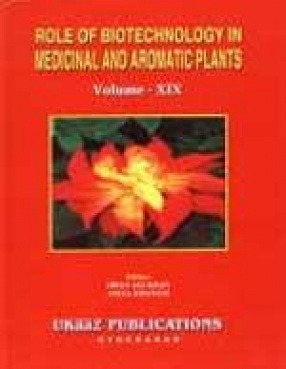
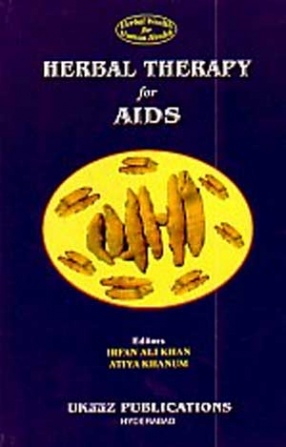
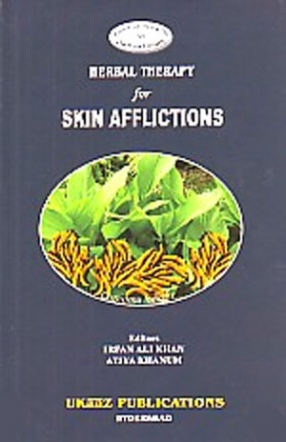
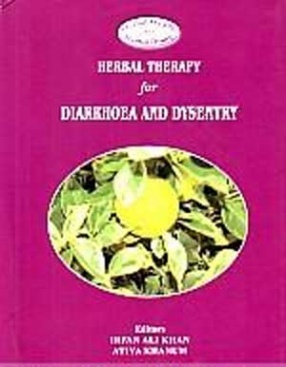
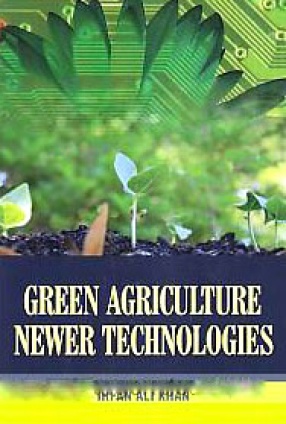
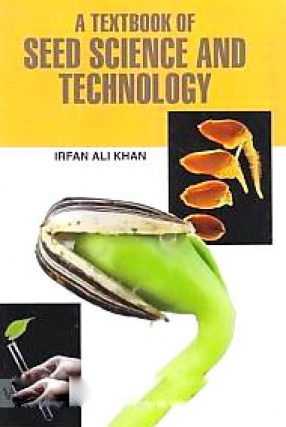
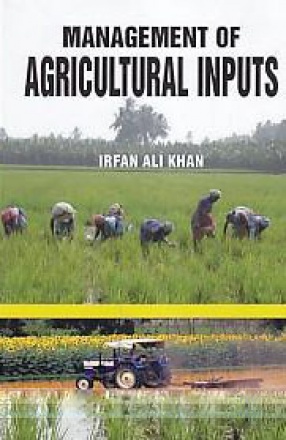
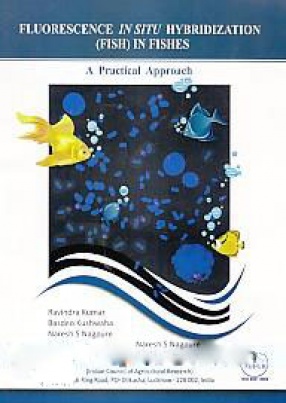
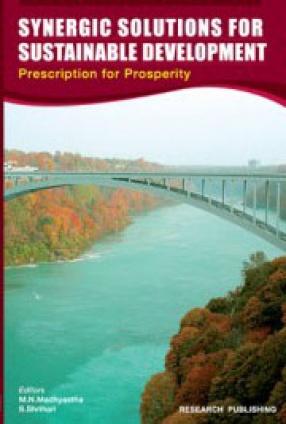

There are no reviews yet.